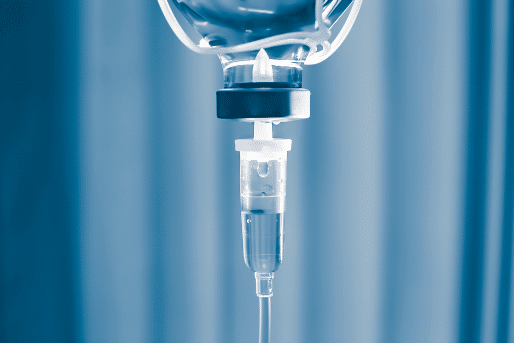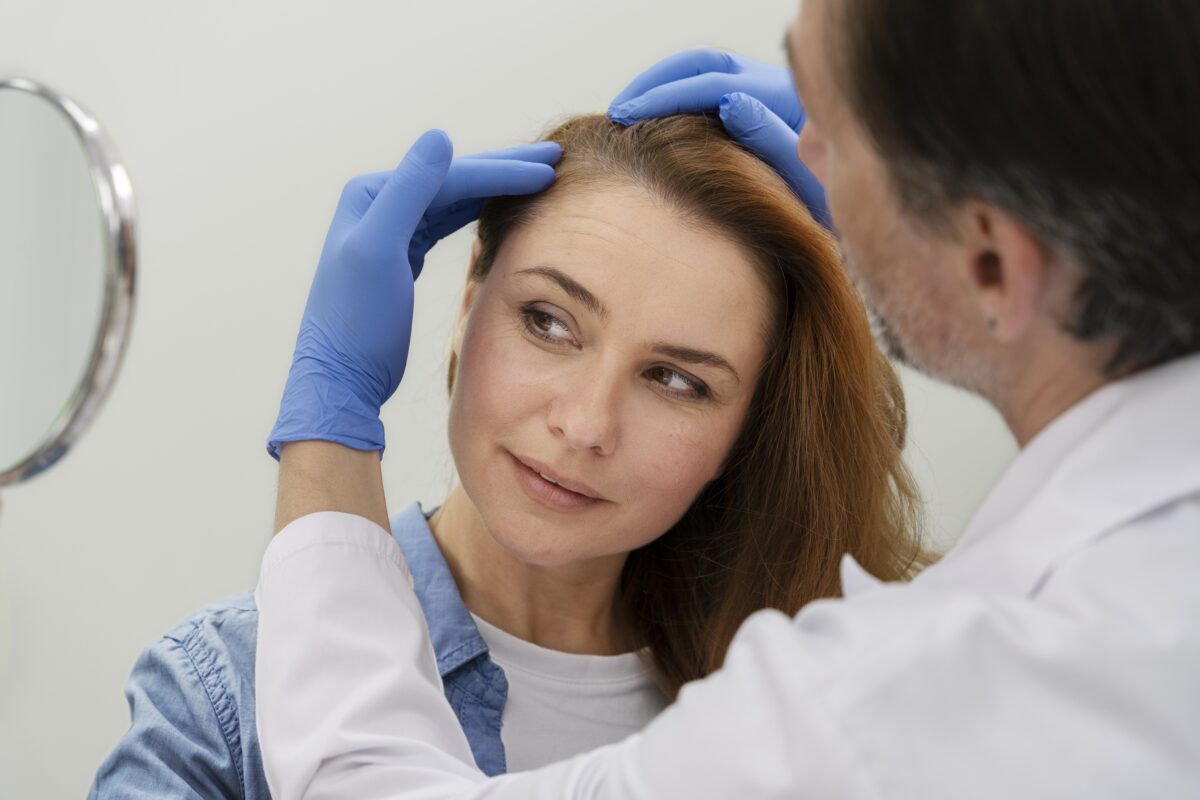Understanding IV Fluids: Their Types, Purposes, and Administration
Welcome to our deep dive into the life-sustaining world of IV fluids, a topic as crucial as it is intriguing. Whether you’re a healthcare professional seeking to sharpen your understanding, a patient wanting to demystify the contents of those ubiquitous drip bags, or simply someone with a thirst for knowledge about how our bodies are replenished and healed, this is for you. IV fluids are more than just medical jargon; they are a cornerstone of modern medicine, representing the delicate balance of electrolytes and fluids essential for survival during illness, surgery, or trauma. This blog post unravels the mystery behind those clear plastic pouches, exploring their types, uses, and the life-saving science infused in each drop. So, stay with us as we navigate the flow of information that highlights the vital role IV fluids play in healthcare and beyond, ensuring you’ll never look at a simple saline drip the same way again.
Purpose and Importance of IV Fluids
Intravenous (IV) fluids are a cornerstone of medical treatment in hospitals and other healthcare settings. They are crucial for maintaining fluid balance, delivering medications, and restoring electrolyte levels. IV fluids directly enter the bloodstream, providing an immediate therapeutic effect, essential during emergencies and for patients unable to take fluids orally.
Types of IV Fluids
A. Crystalloids
Crystalloids are water-based solutions that contain tiny molecules that flow easily across semi-permeable membranes:
- Normal Saline: A sodium chloride solution in water used widely to treat dehydration and electrolyte imbalances.
- Lactated Ringer’s: Contains sodium, chloride, potassium, calcium, and lactate, useful in treating acidosis and as a fluid replacement.
- Dextrose Solutions: Often used to provide calories to patients needing them and treat hypoglycemia.
B. Colloids
These solutions contain larger molecules, staying in the bloodstream longer:
- Albumin: A protein-based colloid used to treat shock and burns.
- Hydroxyethyl Starches: Synthetic solutions used to manage significant blood loss.
- Gelatins: Derived from collagen, used in fluid resuscitation.
Indications for IV Fluid Therapy
IV fluid therapy is vital in various medical conditions:
- Dehydration: From inadequate intake, excessive loss due to diarrhea, or diseases such as diabetes.
- Electrolyte Imbalances: include hyponatremia or hyperkalemia, where tailored IV fluids restore balance.
- Circulatory Shock: Where IV fluids are essential in maintaining blood pressure and tissue perfusion.
Administration of IV Fluids
A. Intravenous Access
- Peripheral IVs: Commonly used for short-term therapy, these are placed in small veins, usually in the hand or arm.
- Central Venous Catheters: Used for long-term therapy or administration of irritating solutions, inserted into large veins in the neck, chest, or groin.
B. Infusion Rates
- The rate of IV fluid administration is crucial and must be tailored to the individual’s needs, based on their medical condition and body response.
C. Monitoring and Adjusting Therapy
- Continuous monitoring is essential to adjust fluid type, rate, and volume according to the patient’s response and ongoing needs.
Conclusion
IV fluids are indispensable in the management of various acute and chronic health issues. Healthcare providers must understand the different types of IV fluids, their appropriate uses, and the methods of administration to ensure effective and safe treatment.
If you or a loved one needs IV fluid therapy, consult with healthcare professionals who can provide personalized care and advice tailored to your specific health needs.







